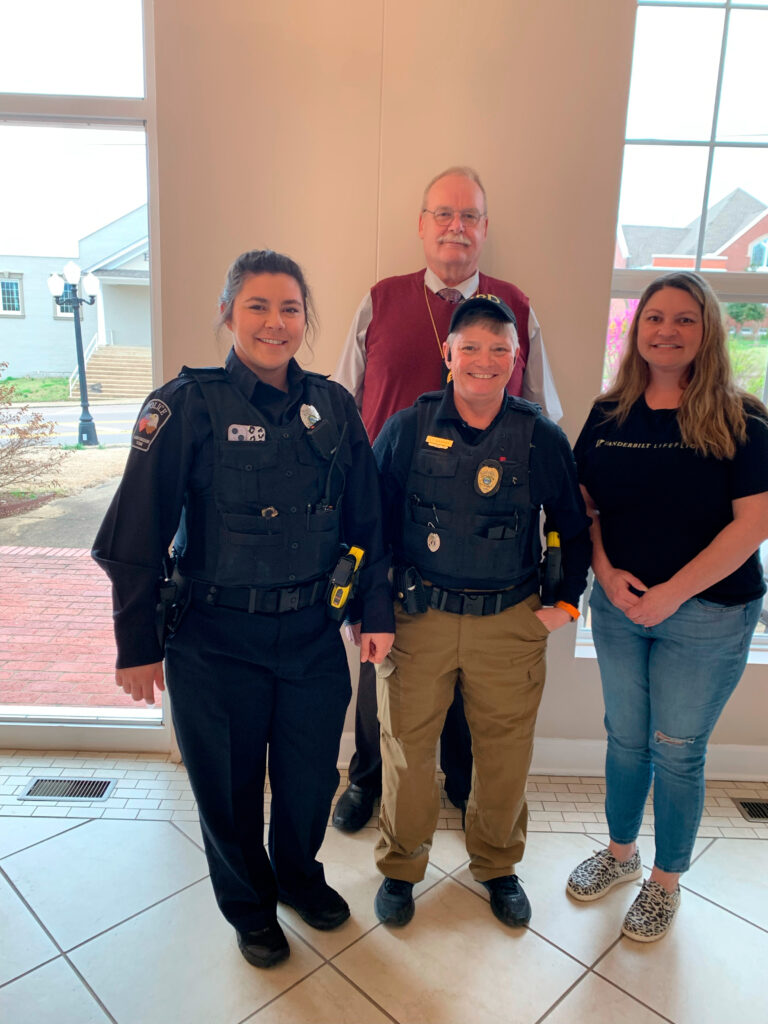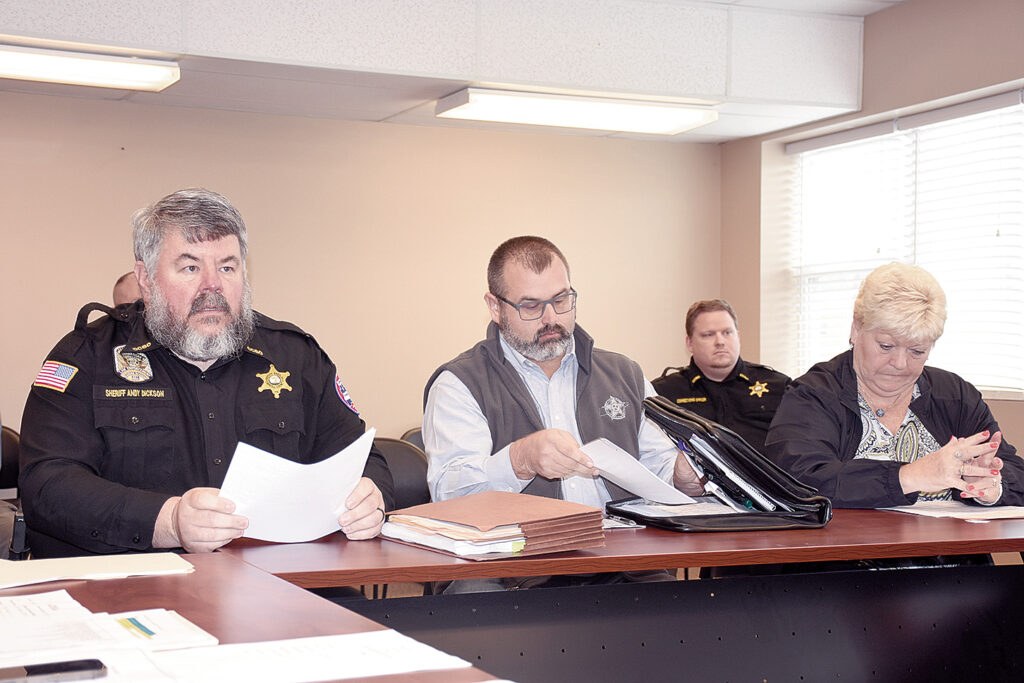“All that is required for evil to triumph is for good men to do nothing.”
If you’re reading this column on Wednesday, then today is Holocaust Remembrance Day – the day set aside to remember one of the most horrific and blatantly evil episodes in all of human history – when, in the years leading up to and including World War II, the National Socialist German Workers Party (more notoriously known as the Nazi Party) and their collaborators perpetrated the systematic mass murder of around six million Jews, as well as millions of other men, women, and children who the Nazis pegged as undesirables, social inconveniences, or potential political enemies.
And we shouldn’t just remember names, dates, and stats related to the Holocaust. I think it’s very important that we all learn something from it, as well – and I believe the quote I led off with (most commonly attributed to Irish philosopher Edmund Burke) goes to the heart of that historical lesson.
Learning from the Holocaust requires first answering some essential questions. How did it happen? How was one of the most technologically advanced, well-educated societies in the world – which was, by the way, a young, budding democracy when it all started – transformed into a totalitarian murder mill in such a short time? How did the Nazis go from a relatively small fringe group of extremists to holding absolute power in the course of a decade or so? Why did so many good, sensible people just stand by and let it happen?
As they say, the change came about slowly and then suddenly. To borrow the analogy about the frog in a pot, the temperature was raised gradually, and then when the water was starting to simmer, the lid was slammed down and the heat cranked up to eleven. From there on out, it was boiled frog legs for dinner.
You might also say that it happened because a few bad people with bad ideas did a very good job of selling those ideas to the general public. And I think it’s important to identify those bad ideologies and other tools the Nazis used for gaining power.
The power tool most commonly associated with the Nazis is racism – anti-Semitism, for the most part, though the Nazi’s racial bigotry extended to just about everyone not meeting their strict definition of Aryan Caucasians.
The Nazis basically amplified the existing racial animosities and divisions already present in German society to the point of obsession. They rewrote history as an epic struggle between different racial identity groups and insisted that everything and everyone be weighed and measured on racial scales.
And the Nazis made an art out of racial scapegoating. The Jews were portrayed as the cause of nearly all social ills – and rather than taking the more rational, honest view that social problems are complicated and that everyone contributes to those problems in one way or another, the German people found that just blaming a single racial group was a lot simpler and much more convenient.
The Nazis also stoked political activism and propaganda to the point of religious fervor. Early on, they preached a message that Germany’s survival as a nation depended on giving them control of the government, and once they held a big enough slice of the political pie, they effectively sold the idea that taking Germany to the next level required giving them unlimited power over everything. And when they felt the time was right, they just killed off all political opposition and bullied their way forward from there.
And central to the Nazis’ propaganda machine was their use of and control over the media. It began with gaining allies in various media organizations willing to broadcast their message, and then it moved on to using a mid-Twentieth-Century version of cancel culture to drive non-complying media outlets out of business and silence public criticism. The final stage was a direct government takeover of all media and the saturation of society and culture with Nazi propaganda.
The Nazis also used the public education system in order to indoctrinate and train up a future crop of fanatical servants to the Third Reich.
But all that didn’t have to happen. There was a pretty sizable window of time when morally and rationally grounded people could have spoken up and stepped up to stop it. But as time passed, that window for resistance got smaller – until it finally closed and any resistance amounted to suicide. And far too many of Germany’s social elites and corporate leaders decided early on that supporting (or, at least, not resisting) the Nazi agenda lined up with their own financial, professional, and political interests.
As I see it, learning from the Holocaust and other similar atrocities throughout history – and, hopefully, preventing such things from ever happening again – requires, first of all, that good, sensible people keep an eye out for the danger signs in their own societies. And if those signs become clear, then the next step is to take collective, constructive (preferably non-violent) action to head it off at the pass before things go too far.
In regard to our own state of affairs here in America in 2021, I’ll leave it up to you, our esteemed readers, to make that assessment for yourselves and decide if you think we’re doing fine, not so good, or if the pot is already starting to simmer.







